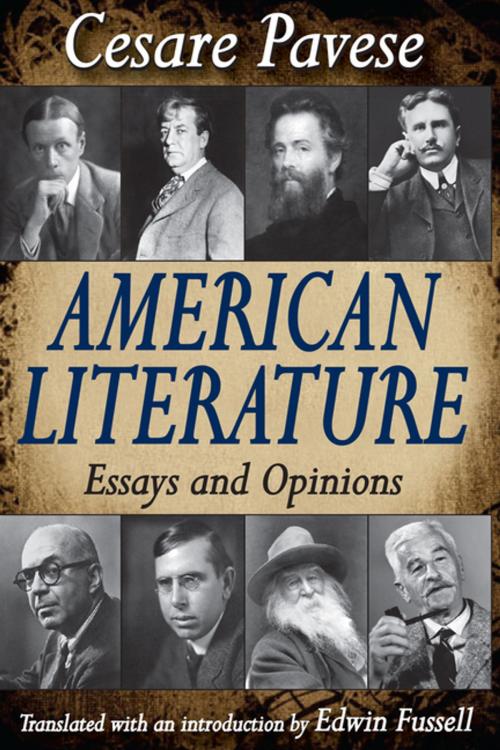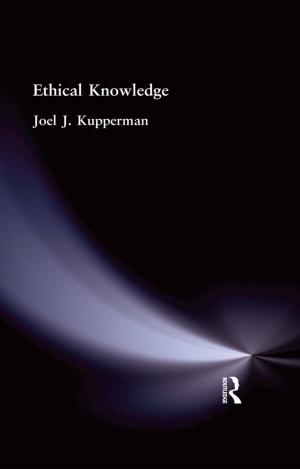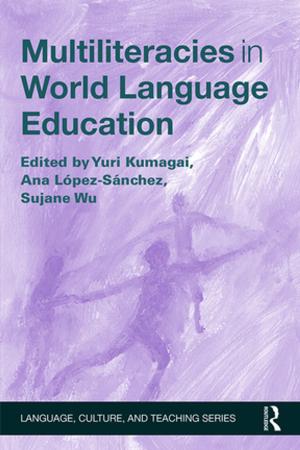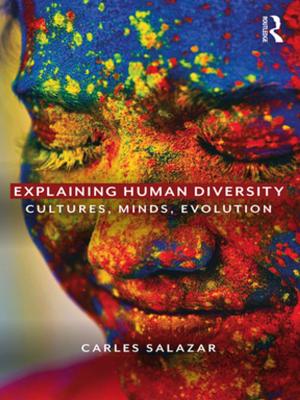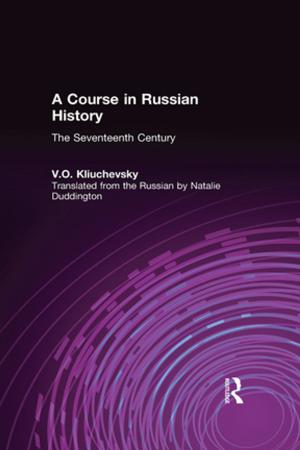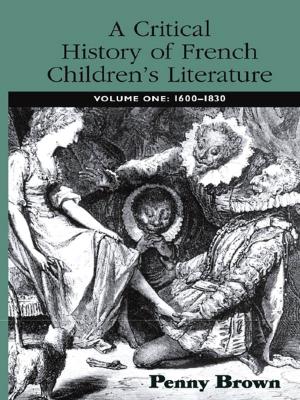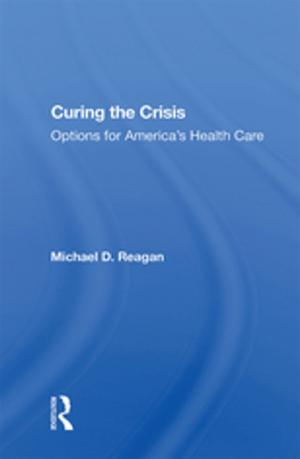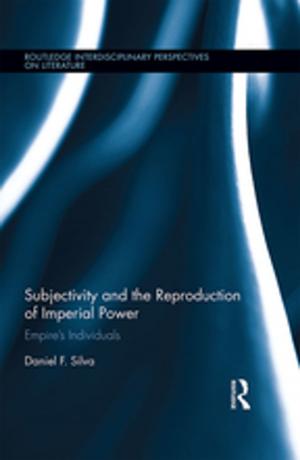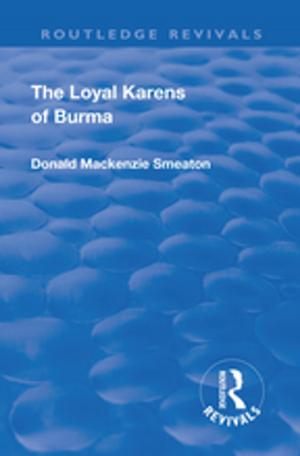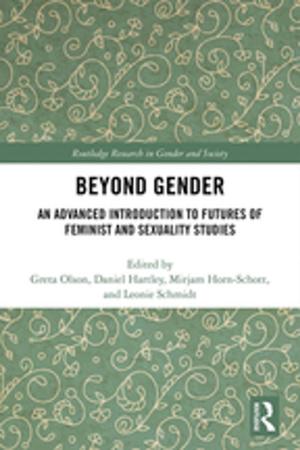American Literature
Essays and Opinions
Fiction & Literature, Literary Theory & Criticism, Nonfiction, Religion & Spirituality, Philosophy| Author: | Cesare Pavese | ISBN: | 9781351532532 |
| Publisher: | Taylor and Francis | Publication: | July 12, 2017 |
| Imprint: | Routledge | Language: | English |
| Author: | Cesare Pavese |
| ISBN: | 9781351532532 |
| Publisher: | Taylor and Francis |
| Publication: | July 12, 2017 |
| Imprint: | Routledge |
| Language: | English |
Cesare Pavese (1908-1950) was the leading Italian scholar of American literature of the generation that came to maturity under Mussolini. He was not only an acute and wide-ranging literary critic, but also a sensitive poet and novelist. In addition, he was a prodigious translator. In collaboration with Elio Vittorini, he translated and brought to the attention of the Italian public the works of many important American writers. American literature helped to give direction to Pavese's creative work and was a resource for his personal literary campaign against Fascism.
Pavese was a non-academic critic, though far less anti - academic than D. H. Lawrence. His first purpose was to use American literature to subvert Italian literature, but beyond that there were a number of issues on which he disagreed with standard American criticism. When he does, his wild, original energy of discovery can trigger a welcome change of focus for our views of American writing.
Pavese never visited or lived in America; it was for him a foreign country, although a shifting and sliding special case. He had no stake in its sectional chauvinisms. He had a vital stake in its whole literature because, as his communications to Vittorini make clear, he had a stake in the literature of the whole world. For a while, America seemed to him the probable center of that whole. This was the center where things were happening in the world of the mind, and where the future was being born and licked into shape. Paveses's writings about American literature still offer original and unsparing insights.
Cesare Pavese (1908-1950) was the leading Italian scholar of American literature of the generation that came to maturity under Mussolini. He was not only an acute and wide-ranging literary critic, but also a sensitive poet and novelist. In addition, he was a prodigious translator. In collaboration with Elio Vittorini, he translated and brought to the attention of the Italian public the works of many important American writers. American literature helped to give direction to Pavese's creative work and was a resource for his personal literary campaign against Fascism.
Pavese was a non-academic critic, though far less anti - academic than D. H. Lawrence. His first purpose was to use American literature to subvert Italian literature, but beyond that there were a number of issues on which he disagreed with standard American criticism. When he does, his wild, original energy of discovery can trigger a welcome change of focus for our views of American writing.
Pavese never visited or lived in America; it was for him a foreign country, although a shifting and sliding special case. He had no stake in its sectional chauvinisms. He had a vital stake in its whole literature because, as his communications to Vittorini make clear, he had a stake in the literature of the whole world. For a while, America seemed to him the probable center of that whole. This was the center where things were happening in the world of the mind, and where the future was being born and licked into shape. Paveses's writings about American literature still offer original and unsparing insights.
